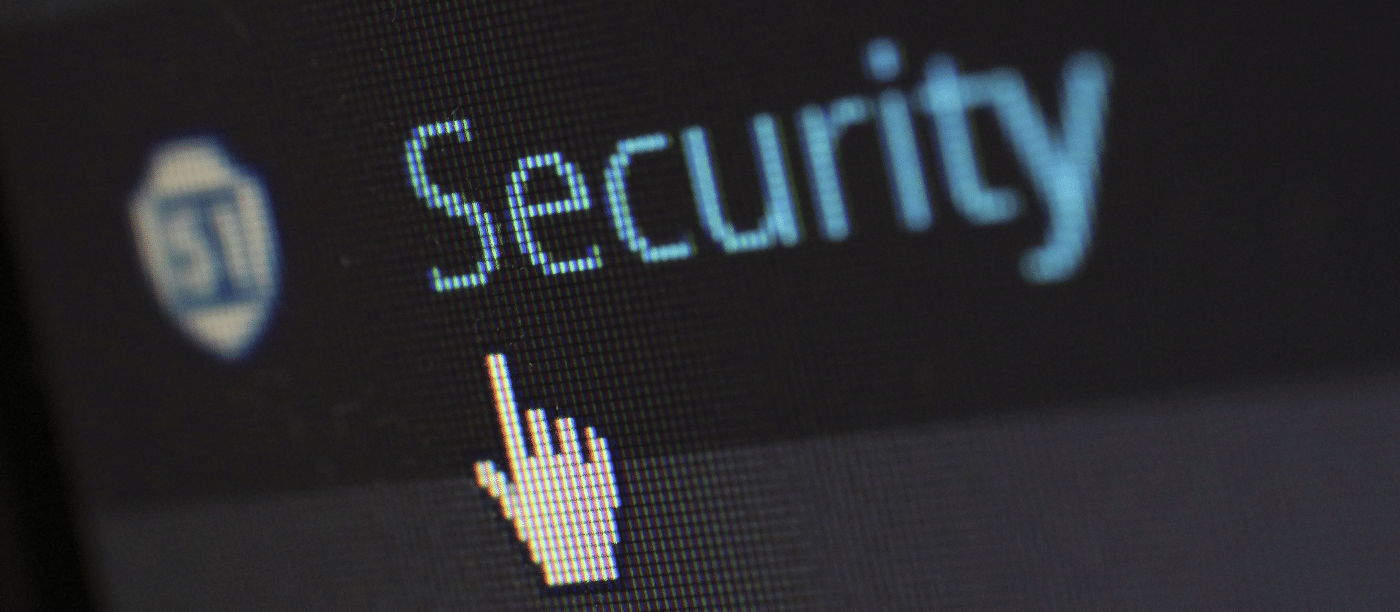Almost every third person has already been affected by identity theft!
Identity theft has never been easier than in this day and age. For many, entering personal data on the Internet is as natural as going shopping at the supermarket. The opportunities for criminals to obtain personal and corporate data are numerous.
How easy is it to steal the identity from your employees?
Whether your employees want to order something online, create an account with your company email address, enter their personal data for an order, or book an appointment – in all these situations, unauthorized third parties can tap into your employees’ data and your company’s confidential data. If there is something for free, you usually pay with your data!
Hackers use simple tricks (e.g., phishing call as described below) to gain access to personal information and use individuals’ identities to access corporate data:
Good day, Mr. Tagueri,
I am an employee of the anti-fraud department of your software provider – unfortunately, someone tried to steal your identity – but don’t worry, we detected it in time. Could you please briefly confirm your personal information so that we can document the incident as reported? Please tell me your full name, as well as your date of birth for confirmation.
In this case, who wouldn’t be relieved that a supposed identity theft was detected and prevented at an early stage? But what if you had directly exposed your confidential data to the cybercriminals with this call?
Unfortunately, it often doesn’t even take a phone call to steal your identity and obtain confidential or secret personal or company information.
The phishing method is especially often used to grab your data via mass mail. The so-called phishing emails are increasingly difficult to detect and are often disguised as requests from management. The hackers only need your full name and date of birth to steal your identity.
Any time parts of your data are used for misuse by unauthorized third parties for their own benefit, it is called identity theft.
“These identities can not only be indirectly turned into money when subsequently misused, but they also harbor the further considerable potential for damage,” says BSI President Michael Hange.

How do I protect myself from identity theft?
Below are some tips on how to protect yourself and your business from identity theft.
It’s almost impossible to completely hide personal information on the Internet, but you can make it difficult for cybercriminals to get the information they need for identity theft.
These preventive measures will help you do just that:
- Use different usernames for different services – this prevents linking and makes it more difficult for attackers.
- Use each of your accounts an individual and strong password.
- Use multi-factor authentication. Many online or payment services now offer a higher level of security, e.g. through two-factor authentication.
- You should delete suspicious e-mails from unknown persons unread and in no case send access data via e-mail or open unknown file attachments and links.
- Always install the latest software updates for your operating system and apps on your devices. Also, keep firewall as well as antivirus programs and their firmware up to date with automatic updates.
- Be sparing with your data – always give only the most necessary data and do not publish your data on the Internet. Data that you do not disclose cannot be stolen.
- Regularly check your accounts for unusual actions. Pay special attention to irregularities (e.g. mails in the outbox that you did not write yourself).
To create secure passwords, read our related blog with useful tips and simple tricks.

What damage can result from identity fraud?
A stolen identity usually leads to identity fraud. Here, the attacker creates user accounts under the stolen identity and thereby gains an advantage.
An attacker may thus impersonate one of your employees and damage your company’s image. Here, the attackers redirect customer inquiries and collect internal information, such as data on corporate strategy, data on your customers or projects.
The stolen identity is used to gather information and prepare, among other things, a larger-scale attack on your company.
What does this mean for my business?
Unfortunately, there is no complete protection against identity fraud. To protect your own identity as well as possible, the advice from our cybersecurity experts is:
“Be sparing with your data on the Internet. Use different and strong passwords. Be skeptical of suspicious emails and Internet sites that ask them to enter data – even if it’s only a few pieces of data.”
Educating your employees on all of these potential issues in the context of identity theft is important. You protect your company, your employees as well as your customers.
With these tips, we offer you some initial assistance in protecting your company’s employees from identity theft. It is important to be aware of the risks in a digital workplace.
We would also be happy to support your company with our cybersecurity awareness training, in which we highlight risks and use simple tips to teach your employees what they can and must do themselves to ensure the protection of your company in the digital world.
Together safely into the future!


